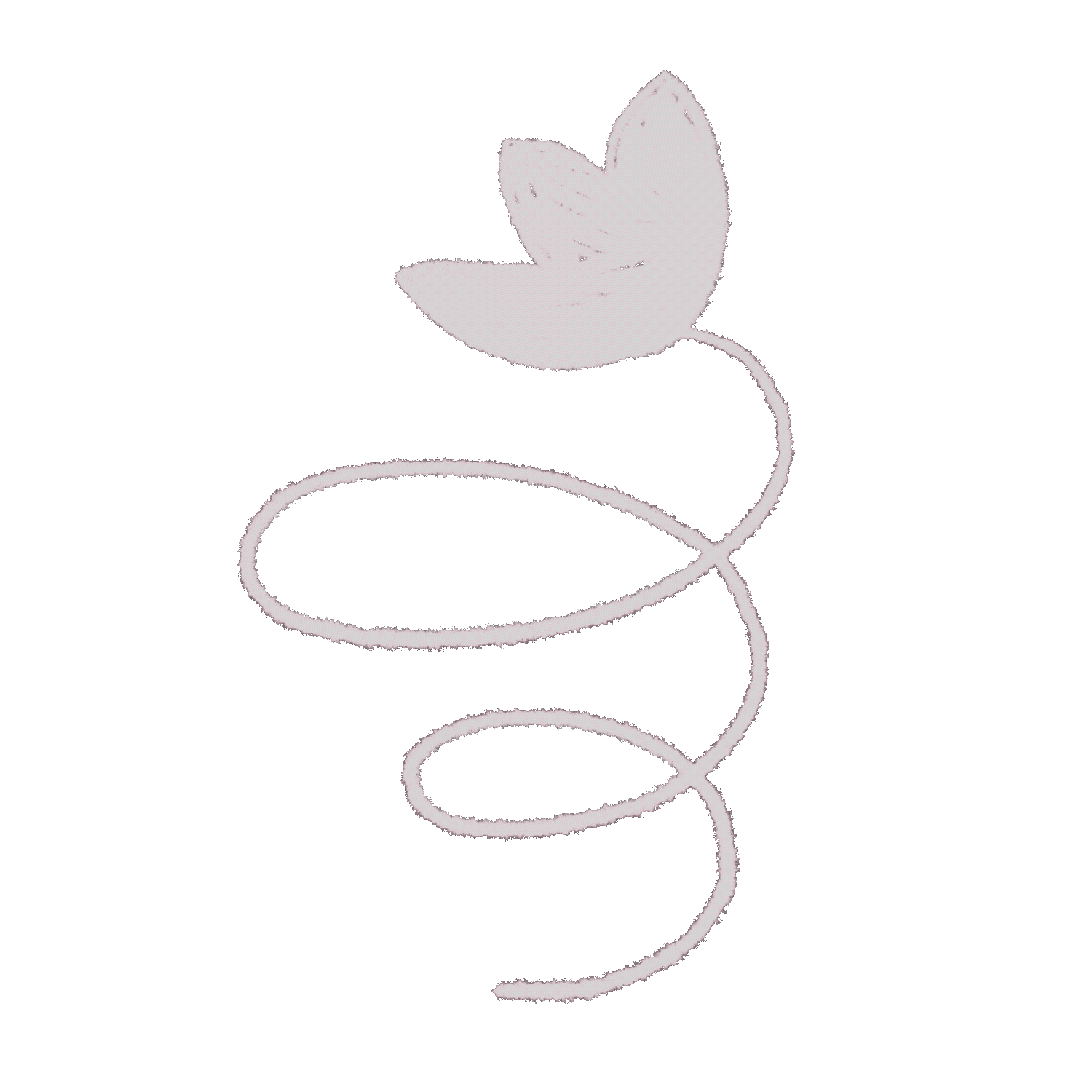12 Signs You Might Need to Seek Depression Treatment
Feeling blue now and then is a part of life, but when the clouds darken and refuse to clear, it might be more than just a bad day. Recognizing the signs of depression is the first step towards seeking help and finding your way back to sunshine. Let's dive into the not-so-obvious signs that indicate it might be time for depression treatment.
1. Feeling Persistently Sad or Empty
That continuous feeling of sadness or emptiness isn't just a fleeting mood—it's one of the most recognizable signs of depression. It's like carrying a heavy cloud wherever you go, dimming the light of everything around you. This persistent gloom doesn't discriminate, making even your favorite activities feel dull and unenjoyable. Recognizing this ongoing sadness is a critical first step towards seeking depression treatment.
2. Loss of Interest in Activities Once Enjoyed
Remember the hobbies and activities that once filled your days with joy? If these no longer bring you pleasure, it might be a signal that depression is creeping into your life. This loss of interest can feel like being detached from your passions, watching life from the sidelines rather than being an active participant.
3. Significant Weight Changes
Sudden weight changes, whether gain or loss, can be a signpost signaling deeper issues. Depression can disrupt your appetite, leading you to eat more out of comfort, or less, due to a diminished appetite. Monitoring these shifts is important because they offer clues that your emotional well-being is intertwined with your physical health. It's the body's way of sending a distress signal that something deeper needs attention.
This fluctuation in weight isn’t just about diet or exercise changes; it’s a manifestation of battling with emotional struggles daily. It's essential to recognize when your eating habits dramatically shift as it may indicate the need for depression treatment.
4. Trouble Sleeping or Sleeping Too Much
Lying awake at night, wrestling with your thoughts, or inversely, finding it impossible to leave the comfort of your bed are both cries for help for your depression. These disruptions in sleep patterns are more than just nuisances; they are debilitating disruptions that affect your daily life, signaling your mind and body’s cry for help.
5. Feeling Restless or Slowed Down
It might feel like you're stuck in slow motion, or conversely, like you can't sit still because of an inexplicable restlessness. This duality is an aspect of depression, making it hard to pin down and even harder to explain to others.
6. Fatigue or Loss of Energy
Fatigue in depression isn't just about feeling physically tired; it's a profound exhaustion that seeps into every aspect of life. Simple tasks become difficult, and the energy to face the day is challenged. This relentless fatigue is a sign that your mind and body are seeking help.
7. Feelings of Worthless or Excessive Guilt
Harboring feelings of worthlessness or being overly hard on yourself can be a manifestation of depression. It's as if a critical voice has taken over your internal dialogue, constantly belittling your efforts and achievements. This self-criticism is paralyzing, preventing you from seeing your true value and leading you deeper into the shadows of depression.
Carrying excessive guilt for situations beyond your control or for everyday mishaps is another burden that depression puts upon you, twisting reality to make you feel responsible for things you clearly have no power over. Recognizing these feelings as symptoms, rather than truths, is crucial.
8. Difficulty Thinking or Concentrating
The mental fog that comes with depression is more than just an occasional forgetfulness. It’s a dense fog that clouds judgment, makes decisions nearly impossible, and blurs thoughts. This cognitive impairment can affect every aspect of life, from work performance to daily interactions. It's a frustrating reminder that depression doesn't just affect emotions—it infiltrates your thoughts and perceptions too.
9. Irritability or Increased Mood Swings
Those sudden snaps at loved ones, the irritability over small inconveniences, and the unpredictable mood swings are not just out of character; they’re signs that something deeper is at play. Depression can often mask itself behind anger or irritability, making it hard for others to recognize it for what it truly is. Understanding these shifts in mood as symptoms can pave the way for seeking the right treatment.
10. Physical Symptoms Unexplained by Medical Conditions
Unexplained aches and pains, headaches that persist despite medication, and a general sense of discomfort that can't be pinpointed are the body's way of signaling distress. When physical symptoms persist without a clear medical diagnosis, it may indicate that depression is manifesting physically.
11. Thoughts of Death or Suicide
Perhaps the most urgent sign that depression treatment is needed is when thoughts of death or suicide surface. These thoughts are not a normal part of life's ups and downs; they are warnings that should never be ignored. The presence of these thoughts signals a deep pain that requires immediate attention, care, and intervention from mental health professionals.
12. Withdrawing from Friends and Family
Isolation is a common behavior in those suffering from depression. Withdrawing from social activities, ignoring calls from friends, or avoiding family gatherings are not just signs of wanting solitude; they're manifestations of the desire to disappear into the background. This withdrawal from social interaction can exacerbate feelings of loneliness and feed into the cycle of depression, making it imperative to recognize it as a cry for help.


